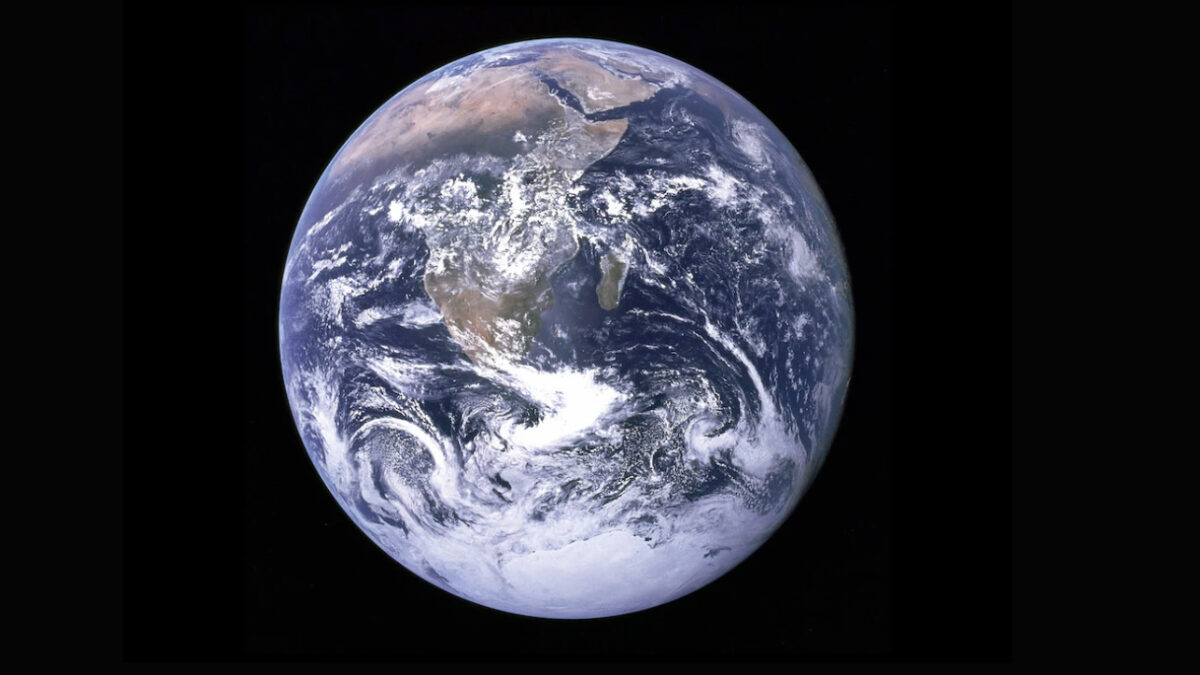Will AI kill the planet?

By Fay Capstick
Last week we looked at the hoped-for pause in AI development that never happened. This week we shall look at another reason why we need to think carefully about AI and how it progresses: the impact on the planet. Will AI kill the planet?
AI is progressing fast
As we all know, AI is evolving super quickly and tech companies are in an arms race to push its development forward at ever faster speeds. Whether we are hurtling towards something that will be good for humanity is still an open debate, which is why it is so important that summits like the one that the UK government held last week on AI safety are so imperative.
Why is AI progressing fast a problem?
The problem with AI, other than the risk of killer robots, is the energy required to run AI.
A new report (from a PhD candidate in Amsterdam) says that AI could use as much energy as a country the size of the Netherlands by 2027 (https://www.bbc.co.uk/news/technology-67053139). It is predicted that Google’s AI electric usage alone could be equivalent to the energy requirements of Ireland (https://apple.news/ANmes_nv8RQO2MCqLuREr9Q). New Scientist reports that the energy requirements of AI could essentially be ‘unlimited’ (https://apple.news/AfL0DgtAuRtWrDoFVGdt2TA).
2027, the date mentioned by the PhD candidate, is only a little over 3 years away. AI has only really just gotten started, so that much energy being needed as early as 2027 has to be taken seriously.
What does this mean?
AI is progressing fast. If that is the energy drain that it might take in 3 years, imagine how much energy might be needed in 30 years to keep it running. The 2027 prediction represents 0.5% of global electric production. However, as third-world countries grow their economies and computer usage, and AI processing speeds up, this figure will inevitably increase.
Does AI use more energy?
Yes, AI uses more energy-intensive hardware than traditional computing. This extra usage, coupled with the factors outlined above, means that the energy required by AI will be enormous and this will have consequences.
It is essential that AI energy use is brought under control, as Microsoft’s sustainability report for 2021-2022 showed a 34% increase in their water use (water is used to cool computer processors). You can read the report here: https://query.prod.cms.rt.microsoft.com/cms/api/am/binary/RW15mgm. This is in line with their development of AI.
What might put a pause on this?
AI requires powerful computer chips and there is a limited supply. Going forward this could put a natural constraint on the energy drain from AI. Of course if more chip manufacturing plants open to meet demand then this pause won’t happen.
So what can we do?
As we saw last week, we need to plan for the emergence of Artificial General Intelligence (AGI). We also need to plan for the energy that AI and its users will demand. We have previously looked at data centres and the extreme amounts of energy they use, some of it renewable, some of it not. And we have seen some things that might help like locating data centres in colder climates and even underwater (Microsoft) to reduce the energy they require to cool the processors. It has been reported that Microsoft is also looking at nuclear fission and fusion to fuel its data centres.
For their part, users need to consider the impact of the tech that they are using. Your data and apps might be running in the Cloud, but that Cloud is real. It’s just a data centre and it uses a ton of the planet's resources to operate. Therefore when you consider the carbon impact of your lifestyle choices, consider your computer use too.
Do we need it?
It seems that AI is going to be everywhere and in everything. We think that we need to question this, given the extra energy use that it is going to take. Do we really need it for simple tasks? Should it just be saved for more complex uses?
Of course, no business or country is going to want to be the one to slow or limit AI’s spread, and this is totally understandable, so any action to prevent damage to the planet from ubiquitous AI would need to be a global decision and one that is adhered to. However recent world events have shown that a global consensus on anything, even something fundamental to our planet’s or humanity’s survival is unlikely to be reached in time.
So, what next?
That is the big question. We think that the development of AI is opening the way to problems for humanity that need to be considered and managed correctly. We have a finite amount of resources on the planet and something that could take up such a huge amount of them needs to be planned. Of course, it is quite possible that AI will develop to a point and solve all our problems for us, resulting in us living in a Star Trek Federation-style utopia. Let's keep our fingers crossed, but do some careful consideration too.
Final thoughts
At Parker Shaw, we have been at the forefront of the sector we serve, IT & Digital Recruitment and Consulting, for over 30 years. We can advise you on all your hiring needs.
If you are looking for your next job in the IT sector please check our Jobs Board for our current live vacancies at https://parkershaw.co.uk/jobs-board
